Half body CPR training manikin(Sim....
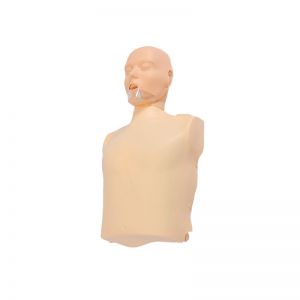
BIX/CPR100A
Advanced fully automatic electroni....
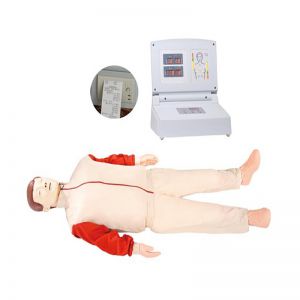
BIX/CPR480
Advanced computer half body CPR ma....
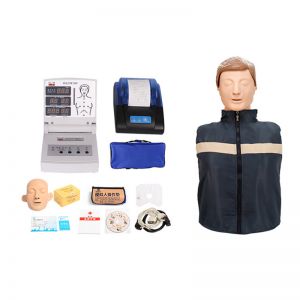
BIX/CPR260
Advanced infant head for trachea i....
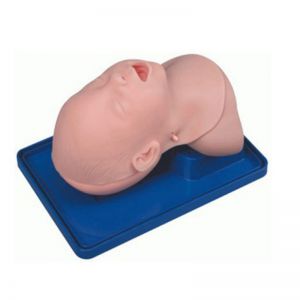
BIX-J3A
Neonate Head for trachea Intubatio....

BIX-J2A
Created on:2024-12-26 | bomn
Article tag: Trauma assessment module Human trauma assessment model BIX-J90
The trauma assessment module plays a significant role in improving the students' ability to cope with trauma. Through a systematic combination of theory and practice, students are able to assess patient conditions and make effective decisions more quick...
Trauma assessment is one of the most critical steps in clinical first aid, which not only determines whether the patient can get the correct treatment in time, but also effectively improves the professionalism and response ability of emergency responders. With the continuous progress of medical technology, trauma assessment module, as a part of the training course, has gradually become an indispensable training link in the field of emergency medical services. This paper will analyze the effect of trauma assessment module on the improvement of students' on-site trauma resilience, and explore its application value combined with the views and data support of industry experts.
Core objective of the trauma assessment module
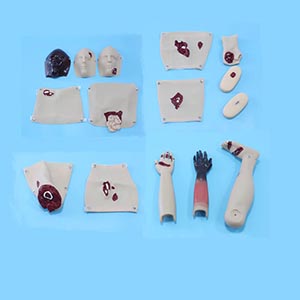
The Trauma assessment module is designed to simulate trauma scenarios so that trainees can assess the vital signs, condition and potential risks of the injured person in a short period of time, and make prompt management decisions based on the assessment results. Its core contents include:
1. ABCDE trauma assessment: Airway, Breathing, Circulation, Disability and Exposure assessment. This approach is widely used to deal with trauma patients, ensuring that life-threatening factors are addressed first.
2. Dynamic monitoring: Through real-time monitoring of vital signs, students are able to assess the severity of trauma and clinical changes in patients.
3. Emergency management skills: including hemostasis, airway management, intravenous infusion and other basic trauma management skills training.
The practical effect of improving the resilience
The training of the Trauma assessment module not only helps students to master the basic knowledge of assessing and dealing with trauma, but more importantly, improves their ability to make rapid judgments and decisions in complex and dynamic environments.
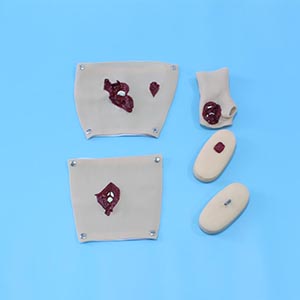
1. Improve emergency response speed
The data showed that participants trained in the trauma assessment module had an average response time of about 30 percent shorter at the scene of trauma than those who did not receive the training. For example, a study by a first aid training institution in the United States showed that in a simulated trauma scene, trainees trained with the module were able to complete the initial assessment and vital signs monitoring in 3 minutes, while those who were not trained took more than 4 minutes. This gap directly affects the timeliness and effectiveness of rescue operations
2. Improve judgment accuracy
The research also shows that the trauma assessment module can effectively improve the accuracy of the trainees' judgment of the patient's condition. A study of multi-regional first aid training centers found that participants who participated in the trauma assessment module improved their accuracy in casualty assessment and prioritization by about 20 percent. The study noted that after simulation training, participants were able to identify life-threatening injuries more quickly and take appropriate emergency measures.
3. Improve improvisation ability
The resilience of the trauma scene requires emergency personnel to be able to make quick decisions within a limited time and deal with multiple emergencies. Through intensive simulation training, the Trauma assessment module can help students stay calm in high-pressure environments and respond flexibly to changing trauma scenarios. In the assessment of the trainees' resilience in the trauma scene, the trainees who have been trained in this module generally perform better in the stressful environment than their counterparts who have not been trained in this module.
Data support with industry expert opinion
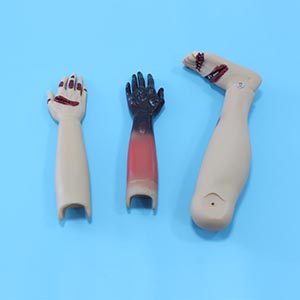
According to a study by an emergency service in the United Kingdom, emergency personnel trained in the trauma assessment module were 15% more successful in dealing with traumatic incidents. The study verified the effectiveness of the trauma assessment module by comparing the performance of the two groups of trainees in the actual first aid task.
Industry experts pointed out that the trauma assessment module can not only improve the students' theoretical knowledge and skills, but more importantly, it helps students form a mental framework for emergency management and enhance their resilience in complex environments. For example, a leading emergency medical expert has stressed that "trauma assessment is not only a technical issue, it is a decision-making issue." Through modular training, students are able to identify life-threatening factors in the first place and make quick decisions about how to deal with them."
conclusion
The trauma assessment module plays a significant role in improving the students' ability to cope with trauma. Through a systematic combination of theory and practice, students are able to assess patient conditions and make effective decisions more quickly and accurately in real trauma situations. Both the data and the views of industry experts show that the module can effectively improve the response speed, judgment accuracy and on-the-spot response ability of emergency personnel, and provide a solid professional guarantee for trauma treatment. Therefore, the extensive application of trauma assessment module will certainly train more efficient emergency responders for the medical emergency industry, and then improve the level of trauma treatment.